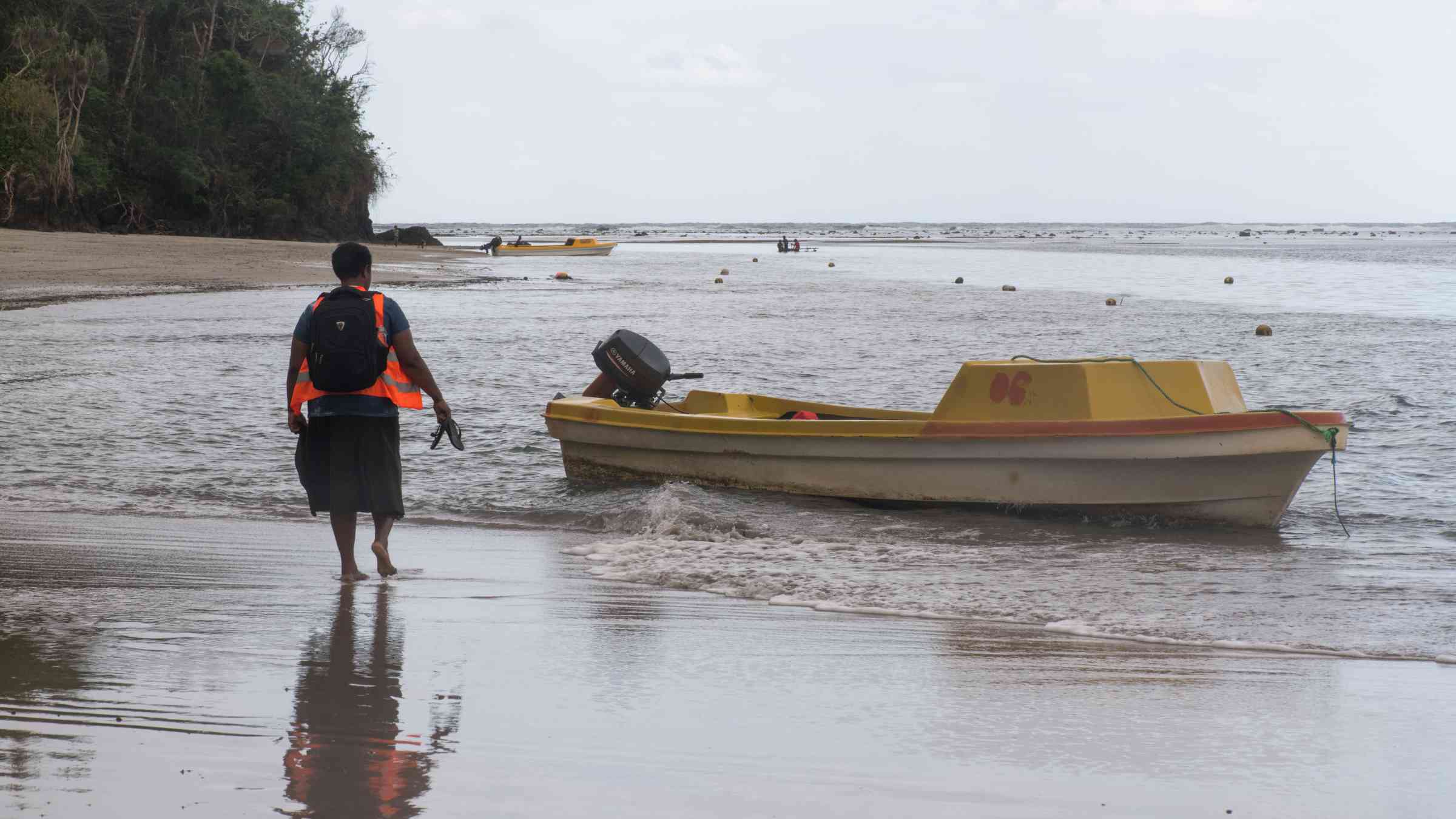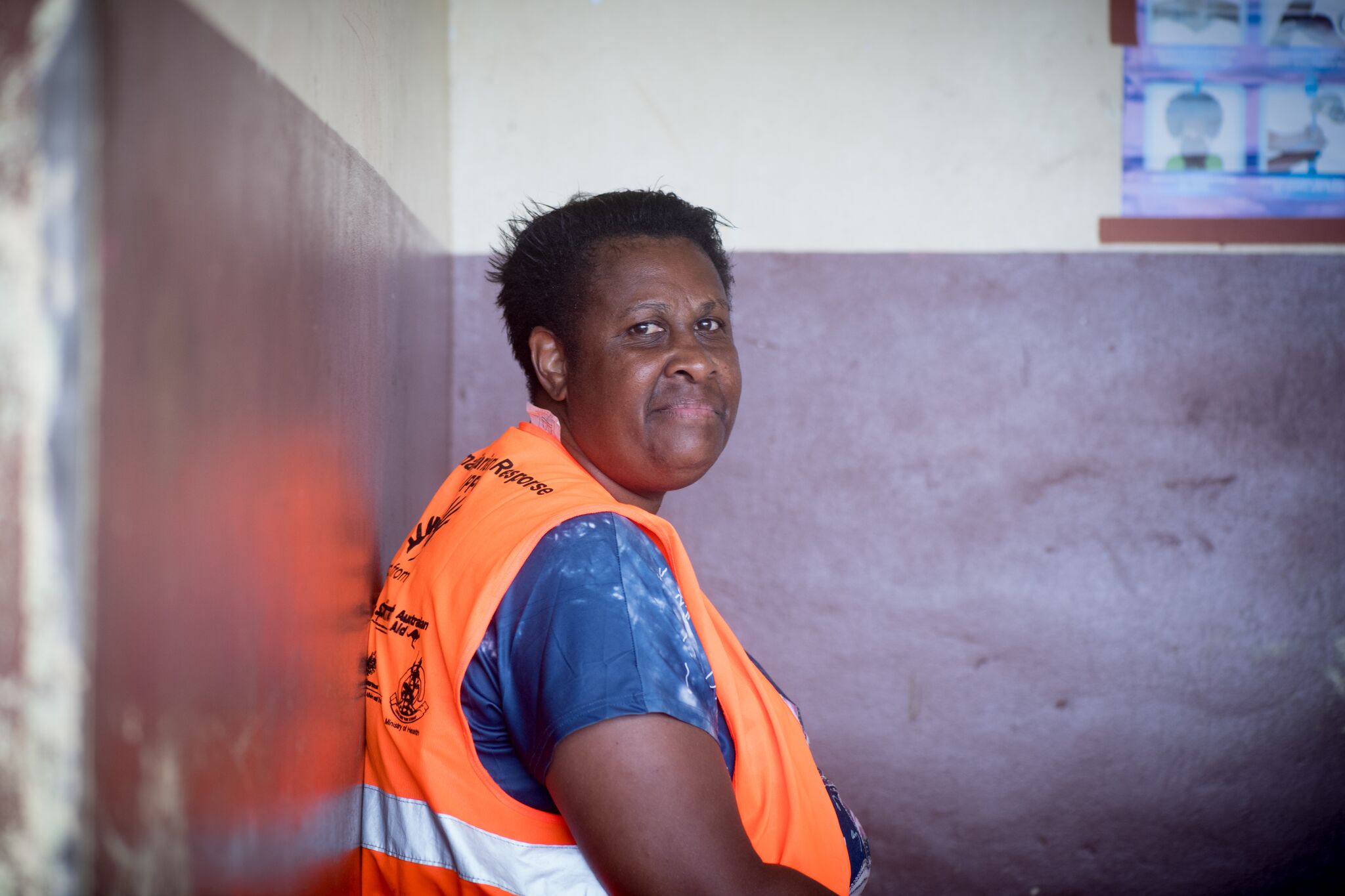Protection in the Pacific in a time of pandemic

Cherol returning from her mission through open ocean
The immense challenges resulting from the COVID-19 pandemic have not stopped efforts to protect the health and rights of women and girls in remote areas in Fiji, Tonga, and Vanuatu.

IPPF
That said, pandemic-related lockdowns and movement restrictions have increased sexual and gender-based violence, and hindered access to sexual and reproductive services and maternal and newborn care.
Ms. Cherol Latika, nurse and team leader for the Vanuatu Family Health Association (VFHA) is on the frontline of providing such support in some of the Pacific’s ‘last-mile’ communities.
One of Ms Latika’s recent support missions was to provide sexual and reproductive health information, counselling and treatment for women and girls at Baie Barrier.
The community, in a very remote part of the Pentecost islands, was ravaged by Category 5 Tropical Cyclone Harold in April 2020. Reaching Baie Barrier is difficult at the best of times. TC Harold destroyed roads, building and forests, making access even more challenging.
After a combination of driving on muddied tracks, sailing on chaotic seas and walking across rugged mountains, Ms Latika reached Baie Barrier.
“The level of care in the village was not quite up to the standard that people should be receiving. We also noticed that the age of women bearing children was very, very young. Some women have nine or ten children,” Ms Latika said.
As with other disasters, Tropical Cyclone Harold affected vulnerable people, such as women and girls, disproportionately. In addition, it was noticeable that larger families had poorer sanitation and hygiene conditions.
Across the whole of Vanuatu, it is estimated that 160,000 people were affected. Of these, there were around 40,000 women of reproductive age, with 3,000 who were pregnant.
Vanuatu will remain under a State of Emergency until the end of the year as a result of COVID-19.
The Vanuatu Family Health Association is a member of the International Planned Parenthood Federation (IPPF). Across Vanuatu, staff of VFHA and their affiliates have delivered an array of services including guidance on hand washing and physical distancing.
UNDRR extends its appreciation to VFHA as well as IPPF for contributing the examples in this piece.
This story is part of a series that will be published by UNDRR Asia-Pacific highlighting the experiences of stakeholder groups during the COVID-19 pandemic.
IPPF Humanitarian - World Humanitarian Day from IPPF on Vimeo.
Explore further
Also featured on
Is this page useful?
Yes No Report an issue on this pageThank you. If you have 2 minutes, we would benefit from additional feedback (link opens in a new window).